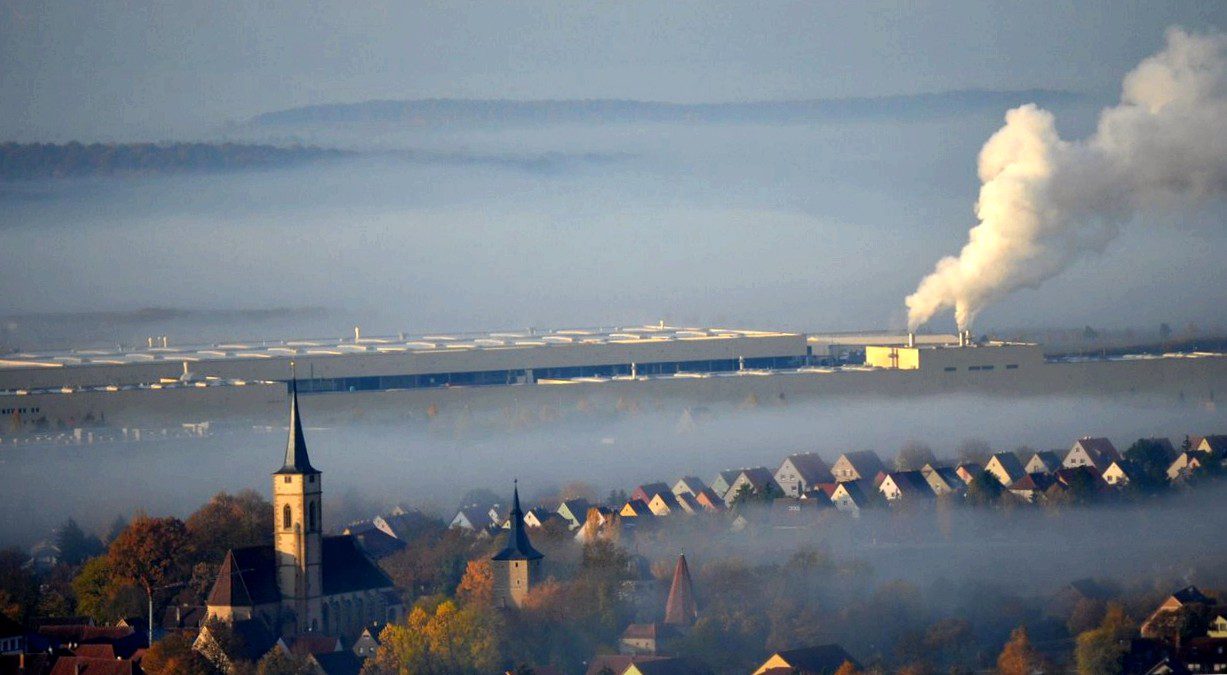
Those who admire the simple beauty of iphof’s old town today tend to overlook the principle behind the structured facades and orderly fronts. Since 1982, the city’s design statutes have regulated the criteria according to which redevelopment and construction is permitted there. It specifies the size of windows and skylights as well as the texture and color of plaster. But as strict as it may be in some areas, it is not a rigid instrument. Because building also follows trends – technical, social or political. The bylaws have therefore been amended, developed and adapted again and again, most recently on monday evening in the city’s building committee.
If the design statutes were a book, they would be a local bestseller. Almost everyone who lives in one of the 320 properties in iphof’s old town has already read it – or at least been quoted from it. Asked mayor josef mend, after some thought he would call it his favorite primer. The city’s cultural heritage is as much in it as mend’s political legacy, which he will leave to his successor in may 2020 after 30 years of service. Mend says: "the point of the design statute is not to prohibit something, but to make a valuable contribution to urban development." The challenging thing is that this does not work with a uniform grid. "Each house must be evaluated individually", says the mayor.
Mend swears by wood despite bad experience
Mend is a convinced advocate of the design statute – despite all the adversities in his own home. There, he said on monday, the shutters are already weathered and rotten again, but it never occurred to him to choose a material other than wood for them. This also applies to the windows, for which there are certainly high-quality plastic variants today. But: "this is about the ecological approach. The city of iphofen is a wood producer."So the passage in the design statutes remains, at least for iphofen’s old town.
Other passages will be adapted – because technologies have changed, people are more "comfort-conscious" or preservationists see some things "a little more loosely than they did ten years ago," as city planner franz ullrich said in the building committee. The windows in dormers, for example, are now allowed to be more coarse. Roof hatches are still allowed only "in justified cases", because otherwise the principle of "quiet roofs" was abandoned, as mend said. But in the future, they will also be allowed to be more coarsely measured – for quite pragmatic reasons, by the way. Smaller hatches are no longer offered on the market, according to ullrich. Solar thermal energy on roofs remains a sensitive issue. It is covered by the statutes as long as it is "not visible" and is limited to the "maximum necessary coarseness. As before, photovoltaic systems are not permitted in principle.
The design statutes also apply to urban districts
Mend made it clear that most of the changes had been practiced in everyday life for a long time. Until now, they were treated as permitted deviations from the bylaws, now they are anchored as principles. Some of these passages were drafted by ullrich’s predecessor hartmut schlieber and date from 2014. The fact that they "never made it to the city council," as ullrich stated on monday, was something mend could not accept. He didn’t put it on the agenda to see what would work in practice and what wouldn’t. The building committee unanimously approved the amendments. The approval of the entire city council is considered a formality.
What applies to the old town of iphof, the committee has now introduced – not quite as strictly – for the five districts of birklingen, dornheim, hellmitzheim, monchsondheim and possenheim. Photovoltaic systems and plastic windows, for example, are also permitted there. In nenzenheim, where renovation has so far been carried out according to the principles of village renewal, the design statutes are also to apply in the future. For the citizens, this has the advantage that they receive up to 20,000 euros in subsidies for renovation projects from the municipal demand program of the state and the city.